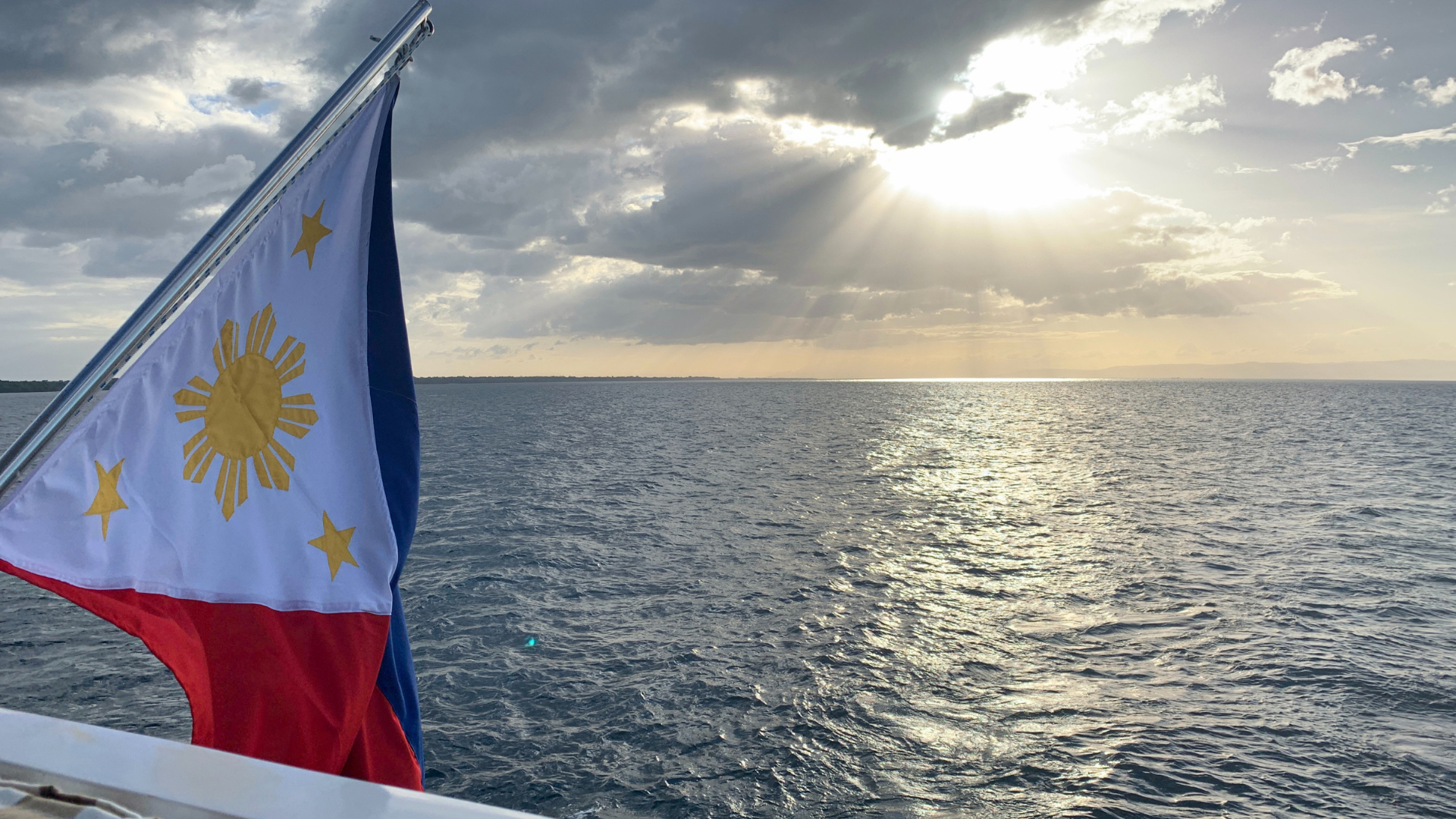Recent joint naval and air exercises within the Philippines’ exclusive economic zone (EEZ), part of the 7th Multilateral Maritime Cooperative Activity (MMCA), involved the Armed Forces of the Philippines (AFP), the United States, and Canada. These drills aim to enhance maritime defense and promote regional stability but come with both benefits and risks.
Safety and Security Benefits
The exercises strengthen the Philippines’ maritime security, improving defense capabilities against illegal activities and external threats, especially in contested waters like the West Philippine Sea. Allied presence serves as a deterrent, while joint operations enhance the AFP’s response to security issues and disasters.
Key Advantages
- Stronger Alliances: Reinforces defense ties with the US and Canada, granting access to advanced military technology.
- Capacity Building: Enhances the AFP’s operational readiness through joint training.
- Economic Security: Protects vital sea routes and fishing grounds, securing local livelihoods and trade.
Potential Risks
- Tensions with China: Military activities may provoke China, heightening territorial disputes.
- Sovereignty Concerns: Over-reliance on allies could undermine the Philippines’ defense autonomy.
- Military Incidents: Increased activity raises the risk of accidents or confrontations at sea.
Finding Balance
While the exercises boost security and defense partnerships, the Philippines must balance military cooperation with diplomatic efforts to ensure peace and safeguard sovereignty.






